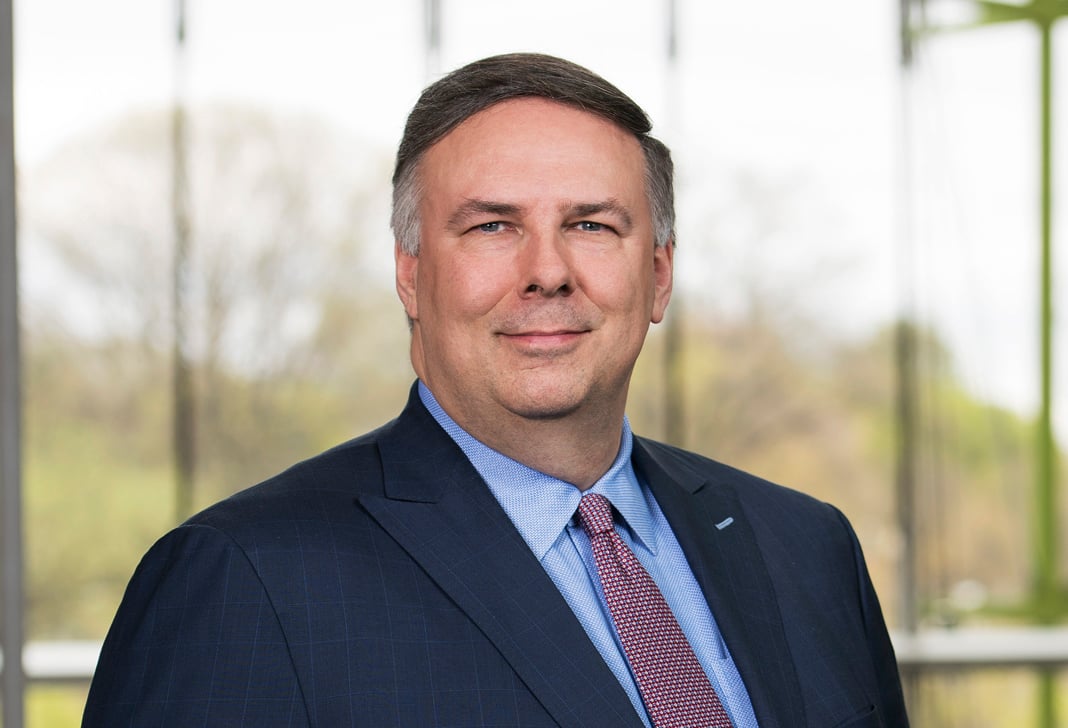LabCorp subsidiary obtains Connecticut Supreme Court reversal of $10 million judgment in employee speech-rights case
Client(s) LabCorp (Laboratory Corporation of America)
Jones Day represented Laboratory Corporation of America ("LabCorp") and its subsidiary Dianon Systems, Inc. ("Dianon") in this appeal to the Connecticut Supreme Court involving free speech in the workplace. Alone among the 50 states, the State of Connecticut has enacted a statute that extends the free-speech rights possessed by public employees into the private workplace. Thus, an employer who “subjects any employee to discipline or discharge on account of the exercise by such employee of rights guaranteed by the first amendment to the United States Constitution,” or certain speech-protecting provisions of the Connecticut state constitution, shall be liable for damages, “provided such activity does not substantially or materially interfere with the employee’s bona fide job performance or the working relationship between the employee and the employer.”
Dr. G. Berry Schumann sued his former employer, Dianon, under this Connecticut statute. He had been fired after objecting to his employer’s business decision to use a particular coding system for reporting the results of certain medical tests (a decision with which Dr. Schumann disagreed), and after refusing to conduct those tests. Schumann claimed that because his workplace protests were entitled to First Amendment protection, they could serve as the basis for an unlawful-discharge suit against Dianon under the Connecticut statute referenced above. A Connecticut state-court jury returned a verdict for Dr. Schumann, which eventually yielded a judgment in excess of $10 million.
Dianon appealed to the Connecticut Supreme Court, arguing that the verdict was based on an erroneous interpretation of the U.S. Supreme Court’s First Amendment precedent, had a deleterious impact on Dianon’s own speech rights, and, if affirmed, would disadvantage private employers throughout Connecticut. The proper test for free speech in the workplace, Dianon argued, required first asking whether an employee’s speech was made pursuant to his official duties under the U.S. Supreme Court’s 2006 decision in Garcetti v. Ceballos. If so, the First Amendment did not apply, and the judgment for Schumann could not stand.
On April 23, 2012, the Connecticut Supreme Court issued a unanimous decision holding that Dianon could not be held liable under the Connecticut statute. The dispute in this case arose from a workplace disagreement related to Schumann’s job functions, and he therefore could not claim First Amendment protection for his misconduct and insubordination. The Court refused to grant private employees greater speech rights under Connecticut law than were available to public employees under the First Amendment. Doing so, the Court recognized, would create an unfavorable incongruity between the public and private sectors, and would put employee speech rights in tension with the First Amendment rights of employers like Dianon. The Court agreed with Dianon that employees cannot use constitutional speech protections to dictate the terms on which they perform their job. The judgment for Schumann was therefore reversed and the case remanded with instructions to enter judgment for Dianon on the statutory claim.
Schumann v. Dianon Sys., Inc., No. SC 18655 (Conn. 2012)


